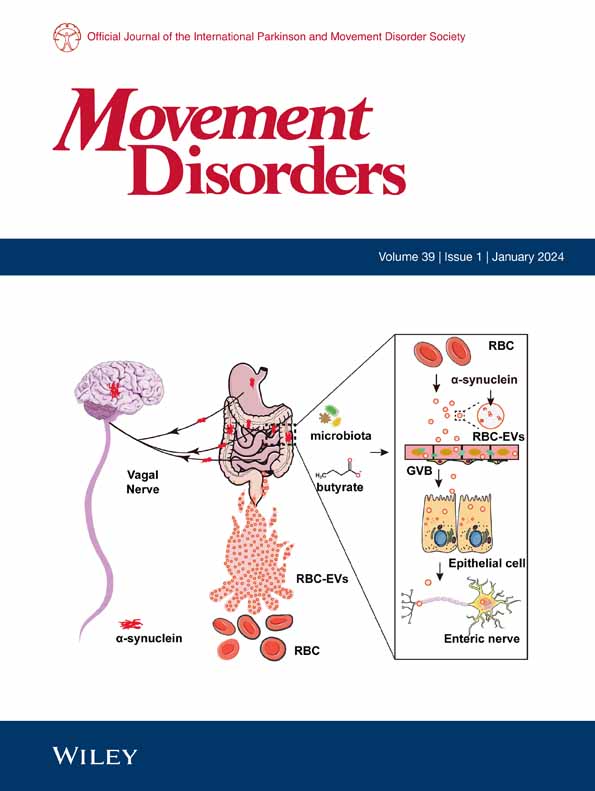Deciphering the Janus-Faced Nature of the Apolipoprotein Superfamily in Parkinsonian Neurodegeneration: Molecular Crosstalk Between the Astroglial Secretome and Neuronal Homeostasis.
IF 7.6
1区 医学
Q1 CLINICAL NEUROLOGY
引用次数: 0
Abstract
Astrocytes communicate bidirectionally with neurons. The concerted activity of the neuron-astrocyte system is responsible for the progressive destruction of dopaminergic neurons in Parkinson's disease (PD). There is an urgent need to explore new prevention and treatment strategies for PD because of the lack of effective pharmaceutical therapies. Studies have shown that high levels of the apolipoprotein superfamily proteins apolipoprotein A1, apolipoprotein E, apolipoprotein D, and apolipoprotein J significantly affect susceptibility to PD. Astrocytes are the principal cells of the central nervous system and are responsible for producing these apolipoproteins. An overview of the progress in research on the effects of these astrocytic apolipoproteins on PD, especially their role in pathological processes such as lipid metabolism, α-synuclein aggregation, transcellular propagation, ferroptosis, antioxidant effects, and antiapoptotic effects, is presented. Furthermore, abnormally activated astrocytes may affect the endocytosis and secretion of apolipoprotein superfamily proteins in PD. We highlight the importance of developing novel treatments for PD from a precision medicine perspective based on the roles of apolipoprotein superfamily members within the astrocyte-neuron system. © 2025 International Parkinson and Movement Disorder Society.解读帕金森神经变性中载脂蛋白超家族的双面性质:星形胶质分泌组与神经元稳态之间的分子串扰。
星形胶质细胞与神经元双向交流。神经元-星形胶质细胞系统的协同活动是帕金森病(PD)中多巴胺能神经元进行性破坏的原因。由于缺乏有效的药物治疗,迫切需要探索新的PD预防和治疗策略。研究表明,高水平的载脂蛋白超家族蛋白载脂蛋白A1、载脂蛋白E、载脂蛋白D和载脂蛋白J显著影响PD易感性。星形胶质细胞是中枢神经系统的主要细胞,负责产生这些载脂蛋白。本文综述了星形细胞载脂蛋白对PD的影响,特别是其在脂质代谢、α-突触核蛋白聚集、跨细胞增殖、铁凋亡、抗氧化和抗凋亡等病理过程中的作用。此外,异常激活的星形胶质细胞可能影响PD患者载脂蛋白超家族蛋白的内吞和分泌。我们强调基于载脂蛋白超家族成员在星形细胞-神经元系统中的作用,从精准医学的角度开发PD新疗法的重要性。©2025国际帕金森和运动障碍学会。
本文章由计算机程序翻译,如有差异,请以英文原文为准。
求助全文
约1分钟内获得全文
求助全文
来源期刊

Movement Disorders
医学-临床神经学
CiteScore
13.30
自引率
8.10%
发文量
371
审稿时长
12 months
期刊介绍:
Movement Disorders publishes a variety of content types including Reviews, Viewpoints, Full Length Articles, Historical Reports, Brief Reports, and Letters. The journal considers original manuscripts on topics related to the diagnosis, therapeutics, pharmacology, biochemistry, physiology, etiology, genetics, and epidemiology of movement disorders. Appropriate topics include Parkinsonism, Chorea, Tremors, Dystonia, Myoclonus, Tics, Tardive Dyskinesia, Spasticity, and Ataxia.
 求助内容:
求助内容: 应助结果提醒方式:
应助结果提醒方式:


